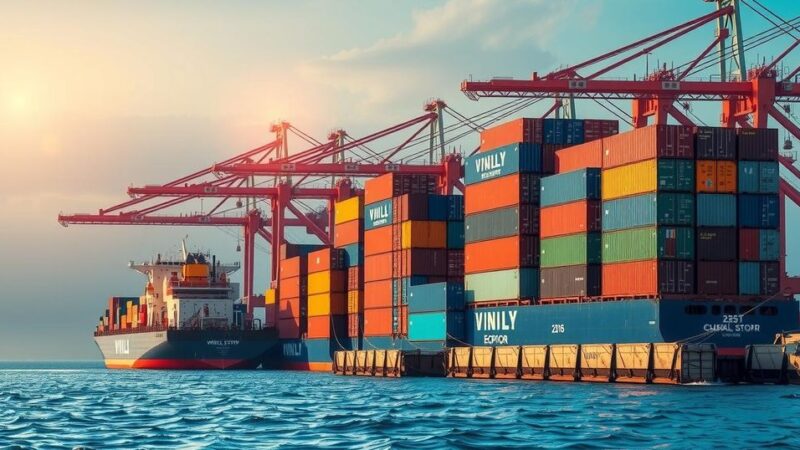The Dominican Republic is contemplating charging undocumented Haitians for healthcare services to ensure resources primarily benefit citizens and legal residents. This call for change arises due to the high percentage of births to Haitian mothers in public hospitals, with implications for the healthcare system’s sustainability. The migration of Haitians seeking better economic opportunities continues to influence the situation significantly.
President Luis Abinader of the Dominican Republic has announced plans to potentially implement charges for healthcare services provided to undocumented foreigners, particularly targeting the significant Haitian population within the country. This initiative aims to allocate medical resources primarily to Dominican citizens and legal residents as financial strains on the public health system become increasingly evident.
A critical consideration for this policy shift stems from the high number of births to Haitian mothers in Dominican public hospitals, which has contributed to the overwhelming pressure on healthcare services. Recent statistics from the National Health Service reveal that, in the current year, 40% of births in these facilities are to Haitian women, with some provinces reporting numbers as high as 80%.
This situation has ignited a nationwide discourse regarding healthcare resource allocation and sustainability. Although certain provinces like Santiago and La Vega report lower birth rates among Haitian mothers, the overall strain on healthcare resources remains a pressing concern. The government is therefore deliberating stricter regulations concerning healthcare access for undocumented immigrants.
Haitian migrants constitute a substantial demographic within the Dominican Republic as they seek improved economic conditions and safety. The historical migration from Haiti, fueled by economic opportunities in sectors such as agriculture, construction, and domestic work, significantly impacts both countries. However, these migrants often encounter challenging living conditions and legal obstacles that restrict their access to essential services, leaving them exposed to exploitation.
The Dominican Republic shares a border with Haiti and has historically been a destination for Haitian migrants seeking better opportunities. Many Haitians move to the Dominican Republic to escape hardships and find employment, particularly in professions that require labor. However, they frequently live in overcrowded and informal settlements, experiencing significant barriers due to their often undocumented status, which further complicates their access to public services such as healthcare.
In conclusion, the Dominican Republic’s consideration to charge undocumented Haitians for healthcare services underscores the country’s efforts to manage its public health system amidst increasing financial burdens. The ongoing discussion highlights the delicate balance between humanitarian responsibilities and the sustainability of national resources while shedding light on the broader implications of migration in the region.
Original Source: www.caribbeannationalweekly.com






